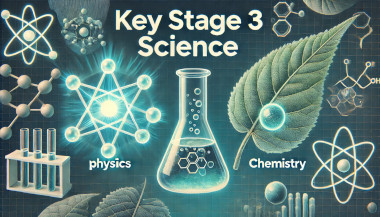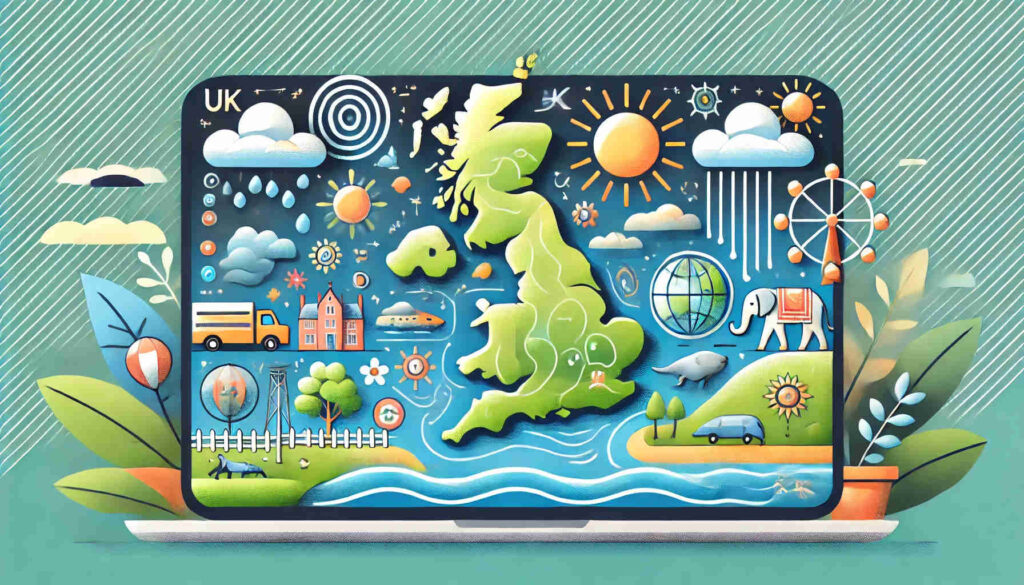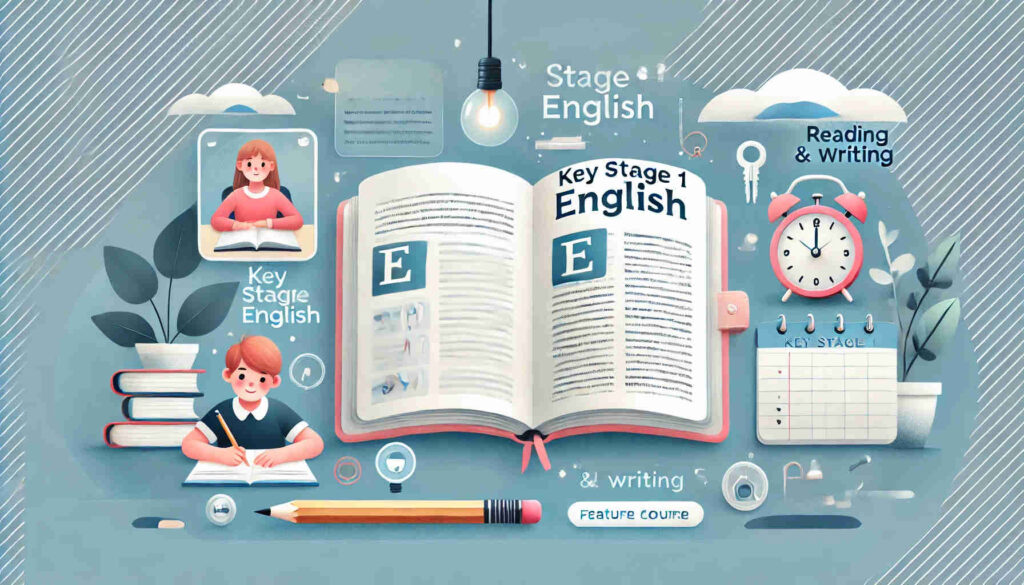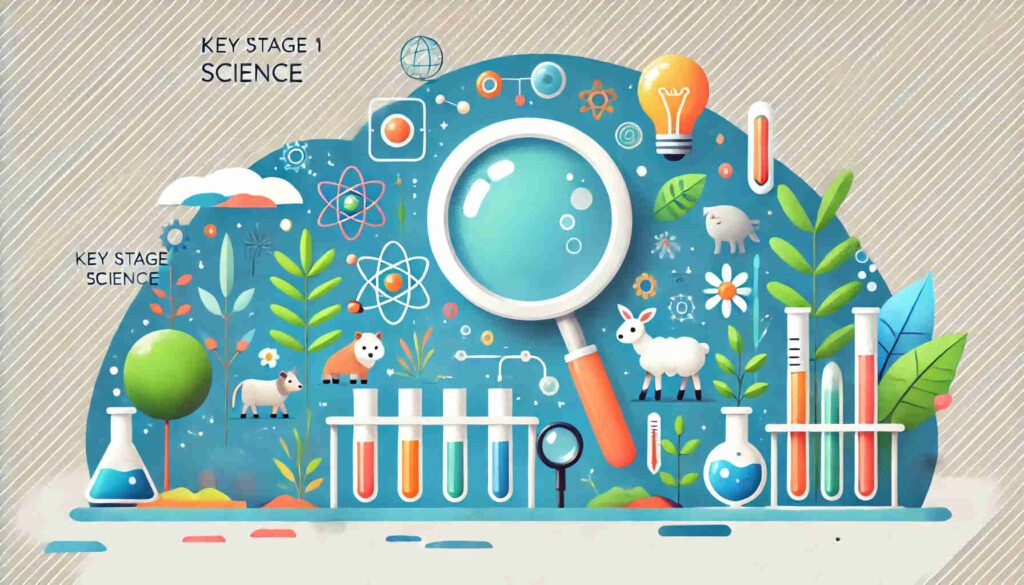Key Stage 3 – Science

This course provides students with a foundational understanding of physics, chemistry and biology, encouraging curiosity and critical thinking about the natural world. In biology, students explore topics such as cells, ecosystems, and human health, learning how organisms interact and sustain life. Chemistry covers the properties of matter, chemical reactions, the periodic table, and the role of substances in everyday life. Physics introduces concepts like forces, energy, waves, and the structure of the universe, encouraging students to investigate how physical principles shape their surroundings. Students will also tudents develop skills in scientific inquiry, data analysis, and evaluation. The curriculum emphasizes the importance of science in societal and environmental contexts, inspiring students to understand its relevance and pursue further study or careers in STEM fields.
Key Stage 3 – English

This course builds critical skills in reading, writing, speaking, and listening. Students engage with a variety of texts, such as Shakespearean plays like Romeo and Juliet or The Tempest, modern novels, like Christmas Carol, and a selection of poetry from different time periods. Students will analyze these texts for themes such as conflict, identity, and power, examining the use of literary devices like metaphor, symbolism, and imagery. Writing tasks include composing descriptive pieces, persuasive essays, and advertisement. Students also practice comparative analysis, for instance, comparing how war is depicted in two poems. Speaking and listening activities involve group debates on themes from literature, dramatic readings of soliloquies, and delivering presentations on authorial intent. This comprehensive approach develops a deep appreciation of literature, effective communication skills, and critical thinking.
Key Stage 1 – Geography

This course is to instill curiosity and a sense of wonder about the world, fostering a foundation of geographical knowledge and skills that students can build on throughout their education. It helps students develop an understanding of the world around them. The curriculum emphasizes the development of geographical knowledge, and focuses on familiarizing children with the environment, the wider world, and basic geographical concepts.
Key Stage 1 – English

The Key Stage 1 English curriculum aims to build a solid foundation in literacy, fostering a love for reading and writing while equipping students with essential communication skills for their future education. The curriculum nurtures fluency in reading, clarity in writing, and confidence in communication, preparing children for the next stage of learning.
Key Stage 1 – Science

The Key Stage 1 Science Curriculum focuses on fostering curiosity and foundational scientific understanding in young learners. Pupils develop skills in working scientifically by asking questions, observing, and conducting simple tests. They explore topics in biology, including plants, animals, and the human body, as well as everyday materials in chemistry and seasonal changes in physics. The curriculum emphasizes hands-on learning, encouraging pupils to observe the natural world and build essential inquiry and critical thinking skills. Through engaging activities, students gain a solid foundation for future scientific learning.

